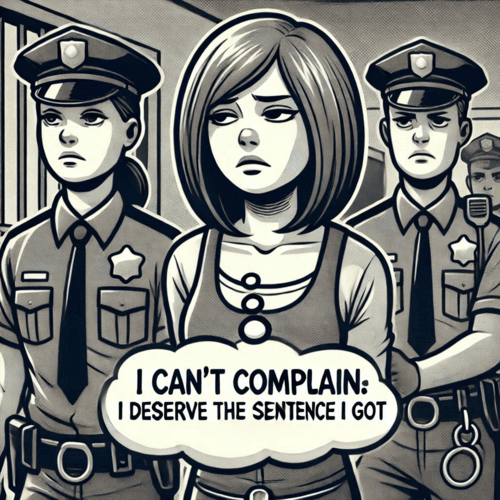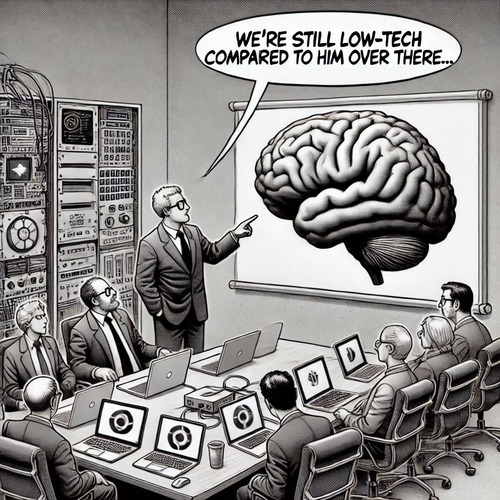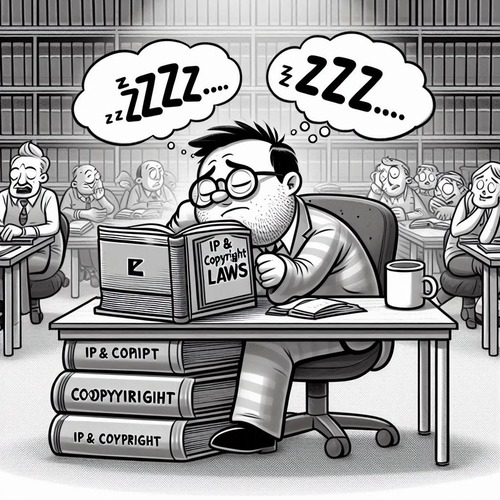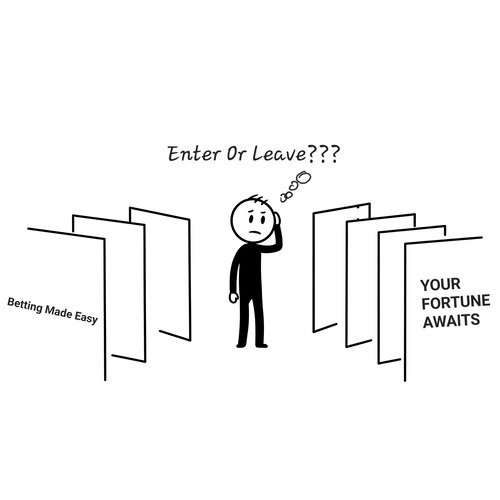IP and Copyright: What Ethical Practices Should Christians Follow?
As Christians, we’re called to live with integrity in all areas of life, including how we handle intellectual property (IP) and copyright. The Bible provides guiding principles that should shape our approach on this vital ethical issue.
The Principle of Ownership (Exodus 20:15, Ephesians 4:28): The Eighth Commandment, “You shall not steal” (Exodus 20:15), establishes the principle of private property rights and ownership. This extends to intellectual property as a unique creation or idea that belongs to its originator. Violating copyrights by illegally reproducing or distributing protected works is a form of theft that Scripture clearly prohibits. As Paul instructs, we must “labor, performing with [our] own hands what is good, so that [we] will have something to share with the one who has need” (Ephesians 4:28), rather than taking what belongs to others.
Honouring the Work of Others (1 Timothy 5:18): Creative works, whether artistic, literary, or technological, often involve significant time, effort, and skill from their creators. The Bible encourages us to appropriately compensate and honour those whose labour benefits us: “The worker is worthy of his wages” (1 Timothy 5:18). Illegally obtaining or using copyrighted material fails to respect the hard work poured into that creation and deprives the owners of their due compensation.
Promoting Truth and Integrity (Proverbs 12:22, Zechariah 8:16): As followers of Christ, we are called to be people of truth, rejecting dishonest gain and upholding ethical standards. Violating intellectual property laws through piracy or plagiarism is a form of dishonesty that undermines integrity. Scripture exhorts, “Lying lips are an abomination to the Lord, but those who deal truthfully are His delight” (Proverbs 12:22). We should embrace practices that demonstrate truthfulness in all our dealings (Zechariah 8:16).
Being Content and Generous (Hebrews 13:5, 1 Timothy 6:6-8): The temptation to obtain copyrighted material illegally often stems from a desire to acquire things without proper payment. However, Scripture calls us to be content with what we have and free from the love of money or possessions (Hebrews 13:5). True godliness is found in being content and generous, not hoarding or taking what isn’t ours (1 Timothy 6:6-8). A heart of contentment reduces the allure of intellectual property theft.
Ethical Practices for Copyright: Based on these biblical principles, here are some ethical practices Christians should follow regarding intellectual property and copyrights:
- Obtain legal licenses or purchase authentic copies of copyrighted works, whether digital or physical.
- Respect copyright notices and terms of use for online content, images, software, and other protected materials.
- Give proper attribution and citations when using excerpts or quotes from copyrighted sources.
- Support creators and content producers by paying fair prices for their work.
- Be generous in legally sharing resources while still honouring copyright laws.
- Advocate for fair intellectual property policies that protect creators while promoting access to knowledge.
Legal Implications: In addition to the ethical considerations, it’s important for Christians to recognize the legal implications of violating intellectual property laws. The Bible instructs us to be subject to governing authorities and to obey the laws of the land (Romans 13:1-2). Copyright infringement through piracy, unauthorized distribution, or other means is illegal in most countries and can carry civil or criminal penalties. Knowingly breaking these laws demonstrates a disregard for God-ordained government and a failure to be law-abiding citizens (Titus 3:1). While an imperfect system, respecting intellectual property laws is part of our witness as Christians.
IP and Copyright: Challenges in the Digital Age The proliferation of digital content and the internet present unique challenges regarding the ethical use of copyrighted material. The ease of downloading, copying, and sharing files has made online piracy rampant. However, we must reject the mindset that digital copying is victimless or that bypassing digital rights management is justifiable. Just as we wouldn’t take a physical book from a store without paying, taking copyrighted digital works is a form of theft that Scripture condemns (Exodus 20:15).
The internet provides unprecedented access to information, ideas and creative works. As Christians, we should be advocates for open access and the free exchange of knowledge, while still respecting intellectual property rights. This could involve supporting fair use policies, open licensing models, and the legal sharing of public domain resources.
In the digital realm, some key ethical practices we can adopt on IP and copyright include:
- Avoid pirating software, music, movies, e-books and other copyrighted digital content.
- Obtain proper licenses for using digital assets like images, videos, or fonts in your own works.
- Respect copyright notices and terms of service for online platforms and apps.
- Be cautious about copying and redistributing copyrighted digital files or streams without permission.
- Promote ethical digital models that balance creator rights with public access to information.
By following these ethical guidelines, Christians can be exemplary in upholding IP and copyright, demonstrating integrity, and using resources responsibly according to biblical principles of ownership, honour, truth, and contentment.
Related Reads:
Editor’s Pick
Is Cosmetic Surgery Sin? A Biblical Framework for Body Modification
Is Cosmetic Surgery Sin? In an age where aesthetic procedures have become increasingly normalised, Christians often find themselves wrestling with [...]

Does the Bible Demean Women? Unmasking Satan’s Lies
*Editor’s Note: This post is part of our series, 'Satan’s Lies: Common Deceptions in the Church Today’… From the very [...]

Satan’s Lie: God’s Too Harsh on Unbelievers
*Editor's Note: This post is part of our series, 'Satan’s Lies: Common Deceptions in the Church Today’… "I just can't [...]

Satan’s Lie: ‘God Hasn’t Given Us Evidence to Believe’
*Editor's Note: This post is part of our series, 'Satan’s Lies: Common Deceptions in the Church Today’… “For since the [...]

When God Gives Us A New Heart: How Grace Rewires Our Desires
A REFORMED GUIDE TO SPIRITUAL TRANSFORMATION A Mystery: How Our Heart Changes Over Time It’s nothing less than a profound [...]

The Lost Empire of the Hittites: How Archaeology Proved the Bible Right
Standing in the scorching Turkish sun in 1906, archaeologist Hugo Winckler could hardly believe his eyes. Before him lay the [...]

The Priesthood of All Believers: What the Bible Really Teaches
The concept of the priesthood of all believers is one of the most revolutionary doctrines to emerge from the Protestant [...]

Are Children Punished For Parents’ Sins? What Does Scripture Really Say?
The question haunts many believers: "Will I be punished for what my ancestors did?" Perhaps we’ve heard stories of "generational [...]

Patterns In Chaos: How Fractals Scream Intelligent Design
In the beginning, God created the heavens and the earth, bringing order from chaos. Today, mathematical patterns known as fractals [...]

Nature’s Ultimate Computer: The Human Brain Defies Evolution
The human brain contains roughly 100 billion neurons forming 100 trillion synaptic connections—a level of complexity that surpasses our most [...]






